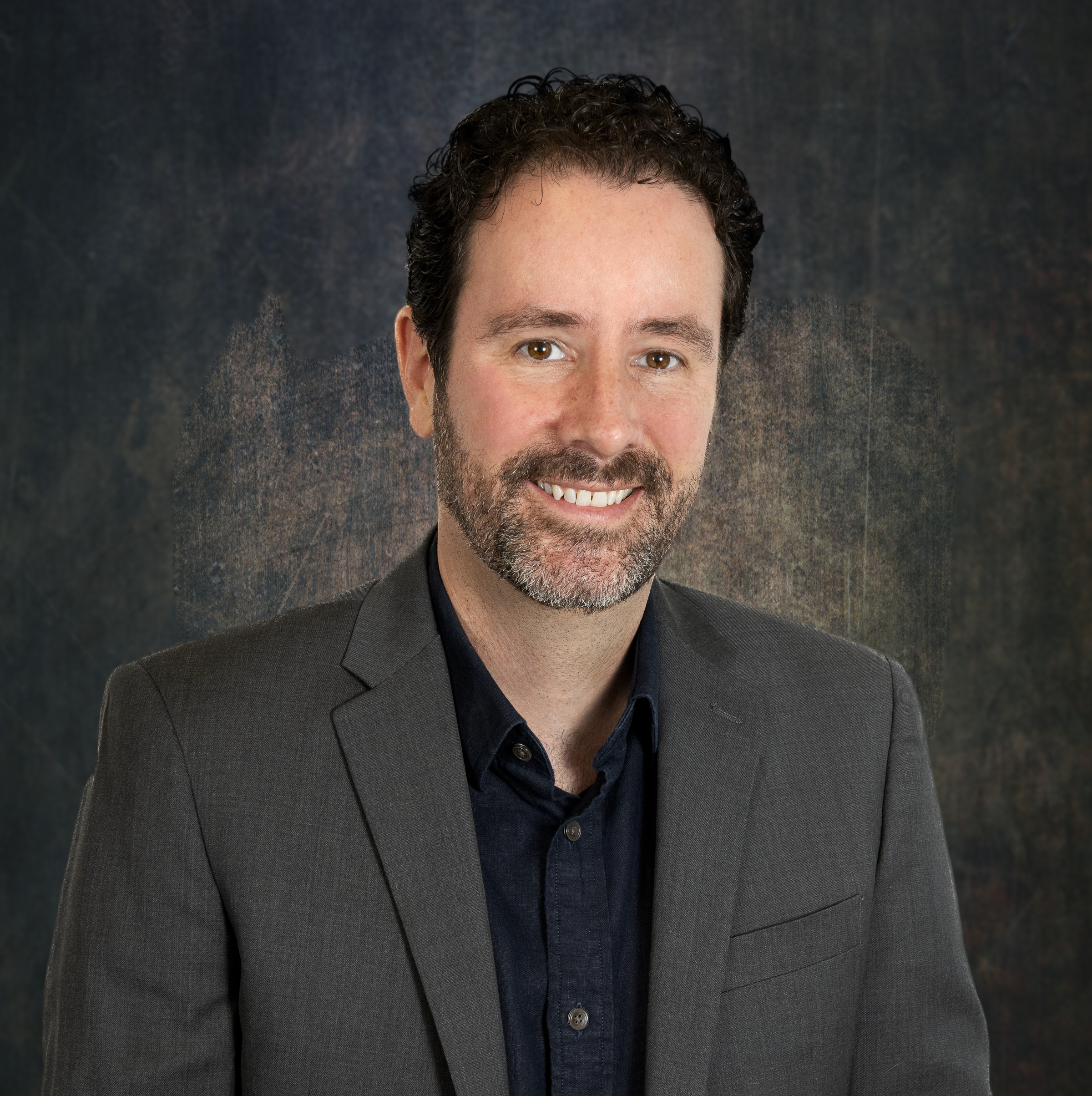Congratulations to the students awarded the Larry S. O’Hara Graduate Scholarship for the 2024-25 academic year. The early career fellowship from the College of Sciences recognizes outstanding doctoral students scheduled to graduate in the calendar year following their nominations.
“We are proud and excited to honor this year’s recipients of the O’Hara Fellowships,” says College of Sciences Senior Associate Dean David Collard. “They represent the best of our amazing Ph.D. students with impressive research, teaching, service, and leadership accomplishments.”
Meet the 2024-25 O’Hara Fellows
Anthony (Tony) Boever, School of Earth and Atmospheric Sciences
Boever is a fifth-year EAS student, conducting research for Martial Taillefert’s Group. His research spans the land-to-ocean continuum and includes studies on how groundwater fluctuations control the fate and transport of uranium in stream sediments, how wetland changes affect methane emissions, and how river pulses influence carbon transformations in low-oxygen ocean sediments. Boever has been extremely active in field research, participating in six research cruises and leading the field component of a Department of Energy-funded project at the Savannah River National Laboratory that included more than six research trips in two years. As a result of his extensive field work, Boever is working on three first-author publications and co-authoring three additional articles.
“I play in the mud, using sensors to monitor chemical changes that affect the environment,” says Boever. “Field studies are tough, but what we learn is invaluable not only for improving our current understanding of these processes but also informing us of their potential influence on future ecosystem function and global climate impacts.”
Erin Connolly, School of Biological Sciences
Connolly will earn her Ph.D. in bioinformatics. As a member of the Gibson Lab, she studies single-cell genomics, data visualization, gene regulation, autoimmunity, cancer, and personalized medicine. In addition to her research activities, Connolly has presented posters or presentations at five national and international meetings, was active in the Women-in-Science promotion, and has mentored high school and undergraduate students.
“My research focuses on understanding how our immune system differs between sexes, changes with age, and responds to treatments such as radiation and immunotherapy,” says Connolly. “By studying these differences, I aim to uncover details that can lead to more personalized and effective therapies for cancer and age-related diseases. This work can potentially make healthcare more effective, improving patient outcomes across diverse populations.”
Sierra Knavel, School of Mathematics
Knavel, whose research focuses on symplectic topology and is advised by John Etnyre, is an avid mentor and teacher. She served on the Graduate Council and runs the Directed Reading Program for the School of Mathematics, pairing undergraduate students with graduate students to pursue advanced topics in mathematics. She also developed a Research Experience for Undergraduates (REU) based on her Ph.D. research. As a teaching assistant, she has been recognized with an Outstanding Student Evaluation Award and numerous Thank-a-Teacher certificates.
“My time at Georgia Tech grows more enriching each year,” says Knavel. “The community is welcoming, with abundant mentorship. I've received support at every level for my decisions to attend conferences, teach abroad, and help organize activities in the School of Mathematics. Because of the supportive community, I’ve gained the skills and knowledge necessary to teach and motivate undergraduate students in both classroom and research settings.”
Xing Xu, School of Chemistry and Biochemistry
Xu will receive her Ph.D. in chemistry and has published two first-author papers, with three more in preparation. She has contributed to four additional publications as a second or third author. Additionally, she mentored several undergraduate and first-year graduate students within the Wu Research Group and served as a mentor for the Summer 2023 National Science Foundation Research Experience for Undergraduates Program.
"My research focuses on identifying glycoprotein alterations in human cancer,” says Xu. “I’m particularly fascinated by how I can use chemical probes and mass spectrometry to 'visualize' changes in glycoproteins within clinical cancer models. This area of study interests me because glycoproteins play a crucial role in cancer progression and metastasis, and understanding these alterations could lead to new therapeutic strategies."
Kai Xue, School of Psychology
Xue specializes in cognition and brain science. Although she has been a part of the Ph.D. program for only two years, she has published three scientific papers and has several others submitted and under review. She has also served as a highly ranked teaching assistant.
"My research centers on perceptual decision-making and metacognition, focused on using computational modeling and transcranial magnetic stimulation (TMS) to advance our understanding of how confidence is computed,” says Xue. “This exploration into the mechanisms of human confidence computation deeply fascinates me; I am incredibly grateful to my supervisor, Dobromir Rahnev, whose unwavering support and guidance have been invaluable throughout this journey."








